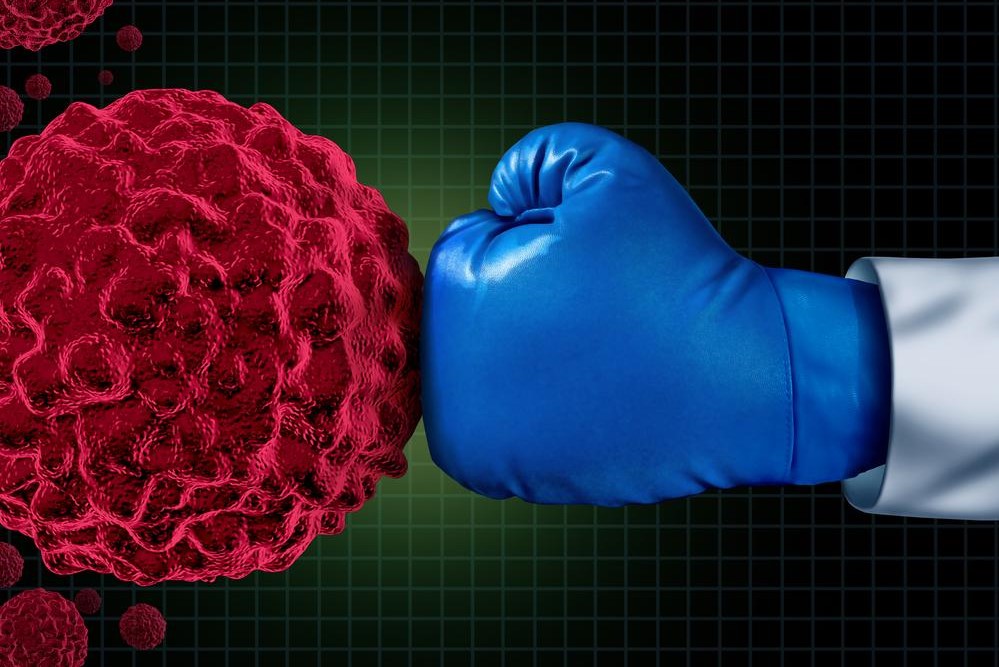Health
Healing Prayers and Their Health Benefits
Spiritual practices like praying are deeply personal and uniquely meaningful for each individual. Experts often define praying as communication between the self and the sacred. Despite the complexities and caveats in studying this delicate topic, researchers have found that such practices can offer physical and emotional healing benefits, regardless of one’s faith. These findings underscore the potential universal health advantages of engaging in spiritual activities like prayer, highlighting their significance across different belief systems. Offer a greater sense of purpose According to an 11-year-long study by the National Institute of Health, a significant correlation exists between having a sense of purpose and longevity. This sense of purpose is seen as an effective way to reduce stress, fight anxiety and depression, and increase self-esteem. Prayer and meditation may help one feel connected to a greater power or truth, adding to one’s sense of purpose. This may help boost one’s physical and mental health over time. Help provide social support In one’s journey of spirituality, one may come across many like-minded people. Exposure to these individuals can help build a sense of community and belonging. This sense of belonging can provide social support, improve confidence, and reduce loneliness. It may help elevate one’s mood Prayers can have a significant impact on one’s mood. According to a study by the American Journal of Epidemiology, those who pray regularly have reported a greater sense of mission, better emotional processing and expression, and forgiveness than those who do not. Studies have also found that spirituality-related activities, such as singing or volunteering, may help reduce stress, offer a support system, and improve overall well-being. Help people cope with difficulties During difficult or stressful times, prayers can help one feel hopeful and resilient or release their sense of control, relinquishing it to a higher power or truth. This can provide a powerful framework for coping with stress or grief, reducing the risk of anxiety or depression. Enhance gratitude Prayers often involve practicing gratitude and compassion. This may help people let go of any ill or negative feelings they may be harboring, helping them feel lighter and boosting overall health. Promote mindfulness Some forms of prayer and spiritual practices, such as meditation, promote awareness of the present. This could help people control their thoughts and emotions, ground them in the current moment, create a connection between the mind, spirit, and body, and offer peace or mindfulness. According to a recent study published in Frontiers in Psychology, engaging in a daily 10-minute centering prayer significantly reduced stress levels among college students. Help support physical health Some studies also suggest that prayers may help support physical health in the following ways: Reduce stress: Healing prayers often induce a relaxation response, which can aid in reducing stress and anxiety levels and calming the cardiovascular system. This can have physiological benefits, such as lowered heart rates, blood pressure, and oxygen consumption. Praying can help reduce stress levels, boost immunity, and manage pain. Raise immunity: High stress levels may also lead to chronic inflammation. According to research, there is a strong correlation between chronic inflammation and aging. This may result from the negative impact of stress on the thyroid and adrenal glands. Over time, this may lead to low immune function and raise the risk of conditions such as atherosclerosis, diabetes, and cardiovascular diseases. Reduce the risk of Alzheimer’s: Spiritual practices such as praying and meditation may also act as a natural buffer against age-related conditions such as Alzheimer’s and arthritis. While praying may not be enough to prevent the onset of these conditions, it may help delay them, reduce symptoms, or slow down their progress. Based on research and anecdotal evidence, prayers appear to have several healing qualities – both physical and emotional. To introduce this practice into one’s daily life, here are some tips that may help: Form a habit: Praying at the same time every day may help one establish some time apart for connecting with themselves and the powers they believe in. Set aside five to ten minutes daily to pray or meditate, and do it consistently. Keep it simple: Praying and meditation do not require significant investments. A calm, quiet space is enough. If interested, one may consider investing in plants, inspirational books, essential oils, etc., over time. Find a partner or community: Praying with others may help one feel more connected. This could be a spiritual teacher, healing prayer group, friend, family member, or partner. In these settings, one may devise creative ways to stay engaged and give back to society. Healing prayers and meditation practices can be a boon for one’s overall well-being, with benefits that transcend the physical realm. They may play an essential role in helping one stay grounded and healthy, promote good habits, cope with difficulties, reduce anxiety and stress, get in touch with their greater purpose, and stay connected with the community.
View More












